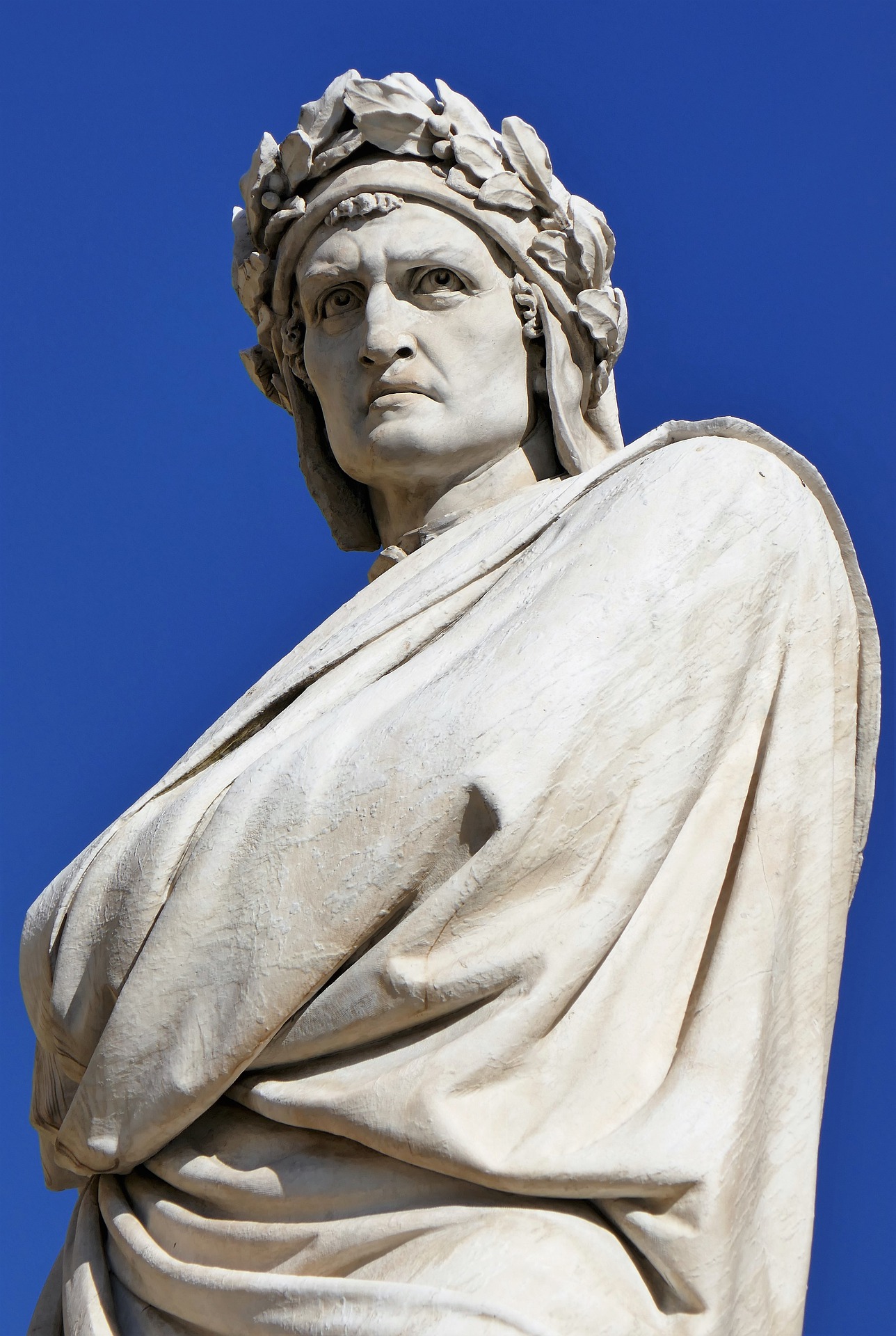I first read Dante’s Inferno junior year of high school, and I remember being fascinated by it. A complex mishmash of references to ancient history, mythology, the Bible, and Christian history, combined with far too many obscure references to 14th century Italian politics made it one of the most difficult books I'd ever read at the time. But it was also one of the most transcendent.
Which is sort of ironic when the book in question is about a literal journey through hell.
I doubt I understood a quarter of the Inferno those many years ago, but I nonetheless found it enthralling. There was something deep there that was worth exploring. So I even attempted to continue exploring it: for instance reading the explanatory notes in the back of Pinsky’s translation inspired me to pick up a copy of Augustine’s Confessions<link> for the first time. But interestingly I never took the plunge in attempting to read the other two thirds of the Divine Comedy, the greater work of which the Inferno is only the first, if most famous, part.
That recently changed. I'm not sure what demon or angel possessed me, but last Fall I decided I would reread the Inferno. I had such an amazing time on my second tour through Dante's hell that I decided to give purgatory and paradise a shot.
“Midway in the journey of our life
I came to myself in a dark wood,
For the straight way was lost.”
If you are so inclined I highly recommend you do the same. (These are the editions I bought: Inferno, Purgatorio, Paradiso.) This is the story of a man in a mid-life crisis, trying to find his way in life, struggling with who is, why he is alive, and what he's supposed to do with what remains of his life. You probably don't think of yourself as someone who would be into medieval Italian poetry. But if you're interested in life and theology and following Jesus then you should really give Dante a chance.
He is guided by the Roman poet Virgil on a journey through the deepest and darkest of what humans are capable of and the despair that results, and then he comes out the other side only to climb up the mountain of purgatory and eventually continues to ascend through paradise toward God.
I don't really believe in purgatory, but Dante's Divine Comedy is only partly a picture of the afterlife, so I think you'll find that little is lost there. Much more than a book about eternity, the Commedia is about our lives here and now, our struggles with temptation and sin, and our efforts to "work out our salvation in fear and trembling" (Phil 2:12). Anyone attempting to follow Jesus in this life will struggle with such things. I want to suggest that Dante can be a guide for you on your way through whatever dark wood life might take you through.
